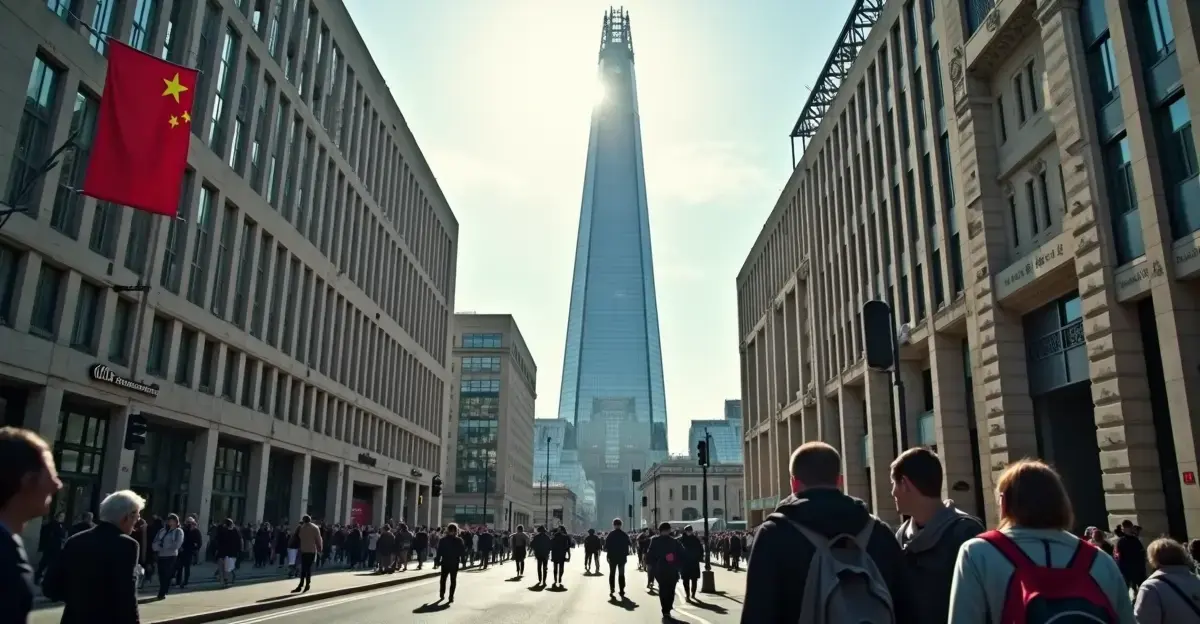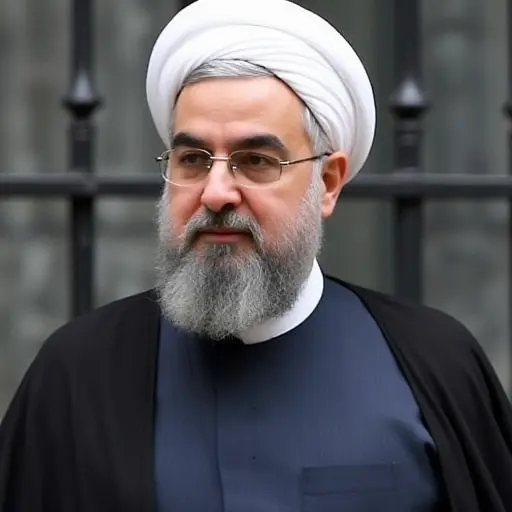Britain's Diplomatic Dilemma Over Chinese Mega-Embassy
The UK government has postponed its decision on China's controversial 'super embassy' for the second time, pushing the deadline from October 21 to December 10 amid growing security concerns and a major spying scandal. The proposed £255 million complex at Royal Mint Court near the Tower of London would become Europe's largest diplomatic headquarters at 20,000 square meters, but intelligence agencies warn it could become a massive spying operation.
Security Concerns Mount
The location of the proposed embassy has raised alarm bells across British security services. 'We have significant concerns about the potential for espionage activities from this location,' a senior intelligence official told reporters. The site sits directly above critical fiber optic cables that serve London's financial district, The City, creating what experts describe as a perfect opportunity for communication interception.
China purchased the historic Royal Mint building in 2018 for £225 million, but the planning process has been fraught with controversy. Tower Hamlets Council initially rejected the application in 2022 over safety concerns, leading China to resubmit it in August 2024 with significant portions of the internal layout redacted for what they called 'security reasons.'
Spying Scandal Collapses
The embassy decision delay comes as a major spying case against two British citizens collapsed unexpectedly. Christopher Cash, a former parliamentary researcher, and Christopher Berry, a teacher who had worked in China, were accused of passing sensitive government information to Chinese officials under the Official Secrets Act.
'The evidence threshold was no longer met,' prosecutors stated when dropping the charges in September 2025. The case collapsed because the British government refused to confirm that China represented a 'national security threat' at the time of the alleged spying - a crucial requirement for prosecution under the Official Secrets Act.
The decision sparked outrage in Parliament, with Labour MP Alicia Kearns stating: 'This sends a dangerous message that we value warm diplomatic relations more than our own national security.'
Dominic Cummings' Explosive Claims
Adding fuel to the fire, Dominic Cummings - former chief adviser to Prime Minister Boris Johnson - made explosive claims about Chinese security breaches. 'China obtained vast amounts of extremely secret information from our intelligence services,' Cummings alleged in a recent interview.
He claimed that fundamental infrastructure for transferring sensitive government data had been compromised for years, including what's known as 'Strap material' - the highest classification for sensitive intelligence. However, the Cabinet Office has firmly rejected these allegations, stating: 'It is untrue to claim that the systems we use to transfer the most sensitive government information have been compromised.'
Geopolitical Balancing Act
The super embassy controversy represents a delicate balancing act for Prime Minister Keir Starmer's government. While security concerns mount, the UK also seeks to maintain economic ties with China, which remains a crucial trading partner.
Local residents near the proposed site have organized protests, with the Royal Mint Court Residents' Association fighting the plans for years. 'This isn't just about security - it's about our neighborhood becoming a potential target,' one resident told local media.
As the December decision deadline approaches, the British government faces mounting pressure from allies, particularly the United States, which has warned against the security risks. With new revelations emerging almost daily, this diplomatic standoff shows no signs of resolution as Britain grapples with how to balance security concerns against economic realities.

 Nederlands
Nederlands
 English
English
 Deutsch
Deutsch
 Français
Français
 Español
Español
 Português
Português










